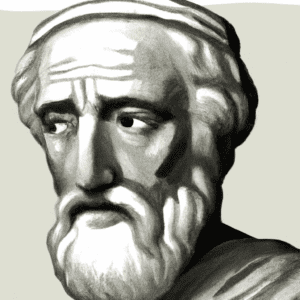Esplorando la storia della filosofia
Nel wiki della filosofia di Argumentame.com, puoi scoprire tutto sulla storia della filosofia. Dai grandi filosofi dell'antichità, COME Platone, Aristotele si Socrate, Piace anche ai pensatori più moderni Kant, Nietzsche si Heidegger, la nostra wiki ti condurrà in un viaggio attraverso il pensiero umano.
La nostra wiki contiene articoli e saggi su una vasta gamma di argomenti di filosofia, che includono l’epistemologia, metafisica, etica, filosofia politica e altro ancora. Oltretutto, Troverai anche saggi sulle correnti di pensiero filosofico, dal esistenzialismo e il razionalismo, fino al postmodernismo e il realismo.
Concetti importanti in filosofia
La nostra wiki di filosofia ha anche una sezione dedicata a termini e concetti importanti. Se ti sei mai chiesto quale sia la definizione di termini come ontologia, fenomenologia, ermeneutica o dialettica, allora la nostra wiki è lo strumento perfetto per te.
Nella nostra sezione termini e concetti, presentiamo definizioni chiare e concise, che ti aiuterà ad approfondire la tua comprensione delle idee più complesse della filosofia. Oltretutto, Troverai anche saggi e articoli dettagliati sui concetti più importanti, che ti aiuterà a vedere come questi concetti si applicano nella vita reale.
Una comunità di filosofi
Finalmente, ma non meno importante, La nostra wiki di filosofia ha una comunità attiva di filosofi, studenti di filosofia e appassionati della materia, che condividono le loro conoscenze, idee e prospettive in un ambiente di ricca discussione.
Unisciti alla conversazione e arricchisci la tua comprensione della filosofia. Partecipare alle discussioni online, fai domande agli esperti e condividi le tue idee e prospettive. Nella nostra comunità, la filosofia prende vita!






